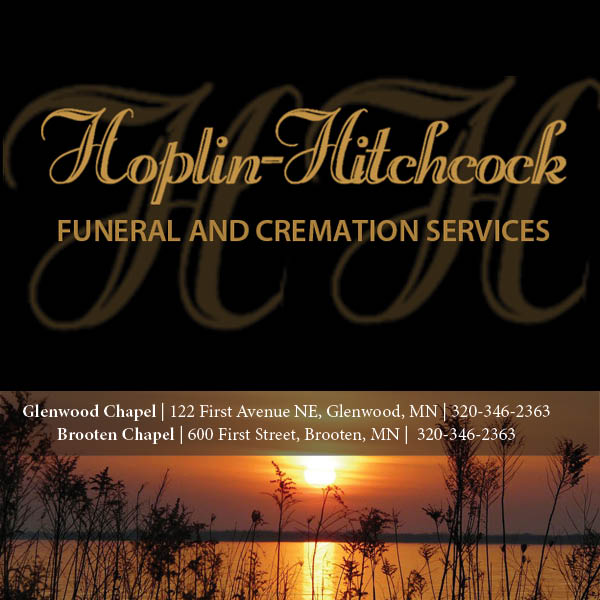Generations upon Generations
Published on January 20, 2025 at 11:30am CST
View From a Prairie Home
by Hege Hernfindahl, Columnist
Sometimes it almost scares me. How much I love. How deep it is. How vulnerable loving someone makes me. But it is worth it. To love. My heart seems to swell within me when I think about people I love so much. My family. And there are so many in my family. A husband. Children and nine grandchildren.
My grandchildren were born and I realized what a miracle this was. I didn’t have to bring them up. I just had to love them. A true gift from God. And I have loved every stage of their lives. Every day I can spend with them or even away from them. Thinking about them. It doesn’t really matter how good they are in school, how many sports they play or how popular they are. I just love them for who they are. I try and fail to remember the names of their friends, the triumphs of their athletic activists, their various achievements in life. Of course, I always want them to be happy, but tragedies did strike their young lives when five of the nine lost their fathers while they were still teenagers. My heart broke for them as I saw them suffer, but they managed to grow from their losses and became stronger and also kinder. I am so proud of all of them for daring to be who they are and for daring to love, even though they have lost.
I don’t always understand the complexities of their lives or the jargon they use or references they allude to. But I am humbled by their ability to include their old grandparents in their lives and I admire their determination and loyalty to their beliefs.
I was going to write about Anders, my 21-year-old grandson, who is spending his so-called J-term at St. Olaf to study in Oslo. Because he allows me to spy on him through Life 360, I see how he explores Oslo and we text daily (in Norwegian of course) of what he sees and does and thinks. Yesterday we talked on the phone for an hour and he told me about how he and his fellow students are exploring gender equity and inclusion in modern-day Norway. How interesting it is and how he even went to Statistisk Sentralbyrå to study gender-and race-related statistics. This is where my mother worked as an economist for many years, but also during the war. Then, Statistisk Sentralbyrå was a place where Milorg, the Norwegian underground, secretly worked with gathering information via the BBC in London. Radios were highly illegal during the Nazi occupation of Norway from 1940-45, because the Nazis wanted to be the only conveyor of news. So, Milorg would hide the radio by jumbling the signals. While listening to the BBC, women who knew stenography, my mother among them, would copy down the news. Then they would type them, mimeograph them and then distribute them to the population so that they would know how the war was really going. Being able to read real news kept the morale of the people alive during those dark years when saying the wrong word could get you killed.
Anders, who now is about the same age as my mother was at the time, knew the stories about her during the war. I probably had rattled on and on about that. And I think about my mother, born in 1924 and Anders, born in 2003 and how I now am the link between them; the window to the past but also to the future. And I know, my role as a grandmother is to love my grandchildren with my fragile, vulnerable heart. To support them so that they can fly into the future. Made free and unafraid by the power of unconditional love.




